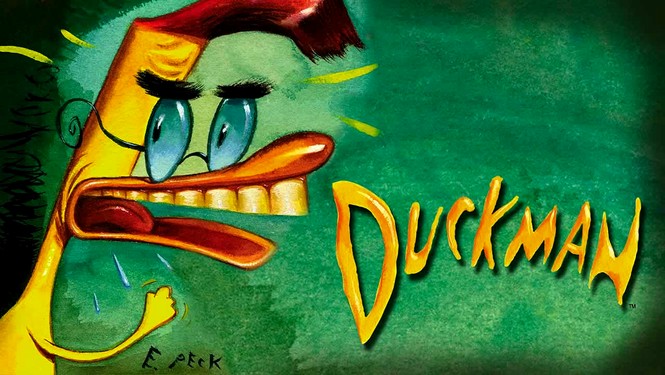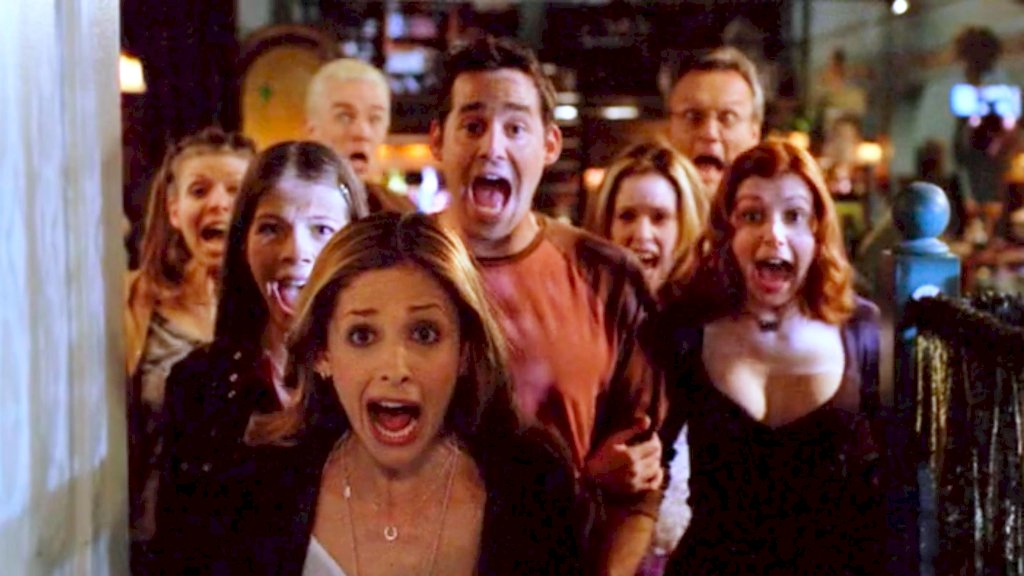The 1980s were a transformative decade in American culture, and few television shows captured the essence of that era quite like "Family Ties." A beloved sitcom that aired from 1982 to 1989, the show centered around the Keaton family, offering a humorous yet poignant exploration of generational differences, societal change, and family dynamics. With its memorable characters, witty humor, and thought-provoking themes, "Family Ties" left an indelible mark on television history. In this article, we'll take a nostalgic journey back to the world of the Keaton family and explore why "Family Ties" remains a cherished classic.

The Plot and Characters

Set in suburban Columbus, Ohio, "Family Ties" centers around the Keaton family: Steven and Elyse Keaton, their son Alex P. Keaton, daughters Mallory and Jennifer, and the youngest child, Andrew. Steven and Elyse are liberal former hippies who run a public television station, while their son Alex is a staunch conservative and an aspiring Wall Street trader. The contrasting ideologies between the parents and Alex serve as a central source of comedic tension throughout the series.
Michael J. Fox portrayed Alex P. Keaton, a character that would become one of his most iconic roles and catapult him to stardom. His portrayal of the ambitious, preppy, and conservative Alex earned him critical acclaim and several awards, including three Emmy Awards. The rest of the cast, including Meredith Baxter (Elyse), Michael Gross (Steven), Justine Bateman (Mallory), and Tina Yothers (Jennifer), brought depth and humor to their respective roles, contributing to the show's overall success.
The Comedy and Social Commentary

"Family Ties" was more than just a standard family sitcom; it had a unique blend of humor and social commentary that resonated with viewers. The show masterfully juxtaposed Alex's conservative values and capitalist aspirations with his parents' liberal ideals and social activism. This created a constant clash of worldviews that became the heart of the comedy.
Alex's staunch conservatism was portrayed with humor and wit, often leading to hilarious situations as he tried to navigate his way through a changing world. His obsession with money and success, as well as his infatuation with Ronald Reagan and business tycoons of the time, provided ample comedic material. On the other hand, Steven and Elyse's struggles to balance their progressive values with the realities of raising a family in the 1980s added depth and authenticity to the show's portrayal of family life.

The sitcom was also known for its clever use of sarcasm and one-liners. Alex's quips and clever retorts were some of the most memorable moments of the show, adding to the character's appeal and making him an iconic figure of 1980s television.
Beyond its humor, "Family Ties" took on important social issues of its time, including environmental concerns, women's rights, and the generational divide between Baby Boomers and their children. The show demonstrated how families with differing perspectives could come together and learn from one another, despite their ideological differences. This portrayal of a family willing to engage in open and respectful dialogue was not only entertaining but also provided valuable lessons about communication and understanding.
The Impact and Legacy

"Family Ties" was a massive hit during its run, consistently ranking among the top-rated shows in the United States. Its popularity was due, in large part, to its ability to connect with a wide audience and transcend generational and political boundaries. Viewers from all walks of life found something to relate to in the Keaton family, and the show's positive reception made it a cultural touchstone of the 1980s.
The show's impact extended beyond entertainment. It played a role in shaping the public perception of conservative values, as represented by Alex P. Keaton. The character of Alex challenged stereotypes and showed that conservatives could be complex, multidimensional individuals. This portrayal was significant in a time when political polarization was also prevalent.
Moreover, "Family Ties" served as a launching pad for the careers of its cast members. Michael J. Fox, in particular, became a household name and went on to have a successful career in film and television.
The Enduring Appeal

Even decades after its original run, "Family Ties" continues to hold a special place in the hearts of audiences. Its enduring appeal can be attributed to its timeless themes, well-drawn characters, and universal messages about family, love, and understanding.
The show's portrayal of family dynamics and the challenges of raising children struck a chord with viewers, many of whom were facing similar situations in their own lives. The Keatons' ability to laugh, learn, and grow together showcased the strength and resilience of family bonds, making the show a source of comfort and inspiration for generations of viewers.
In Conclusion

"Family Ties" remains a comedy classic that left a lasting impact on television and popular culture. Its blend of humor, social commentary, and well-developed characters made it a standout show of the 1980s and beyond. Through its portrayal of the Keaton family, the sitcom challenged traditional notions of family and showcased the power of familial bonds in navigating the complexities of life.
With its insightful exploration of political and social themes, "Family Ties" demonstrated the potential of comedy to address important issues while keeping audiences entertained. Decades after its original airing, the show's legacy lives on, as it continues to be remembered fondly by fans and appreciated for its wit, heart, and relevance to the human experience.


